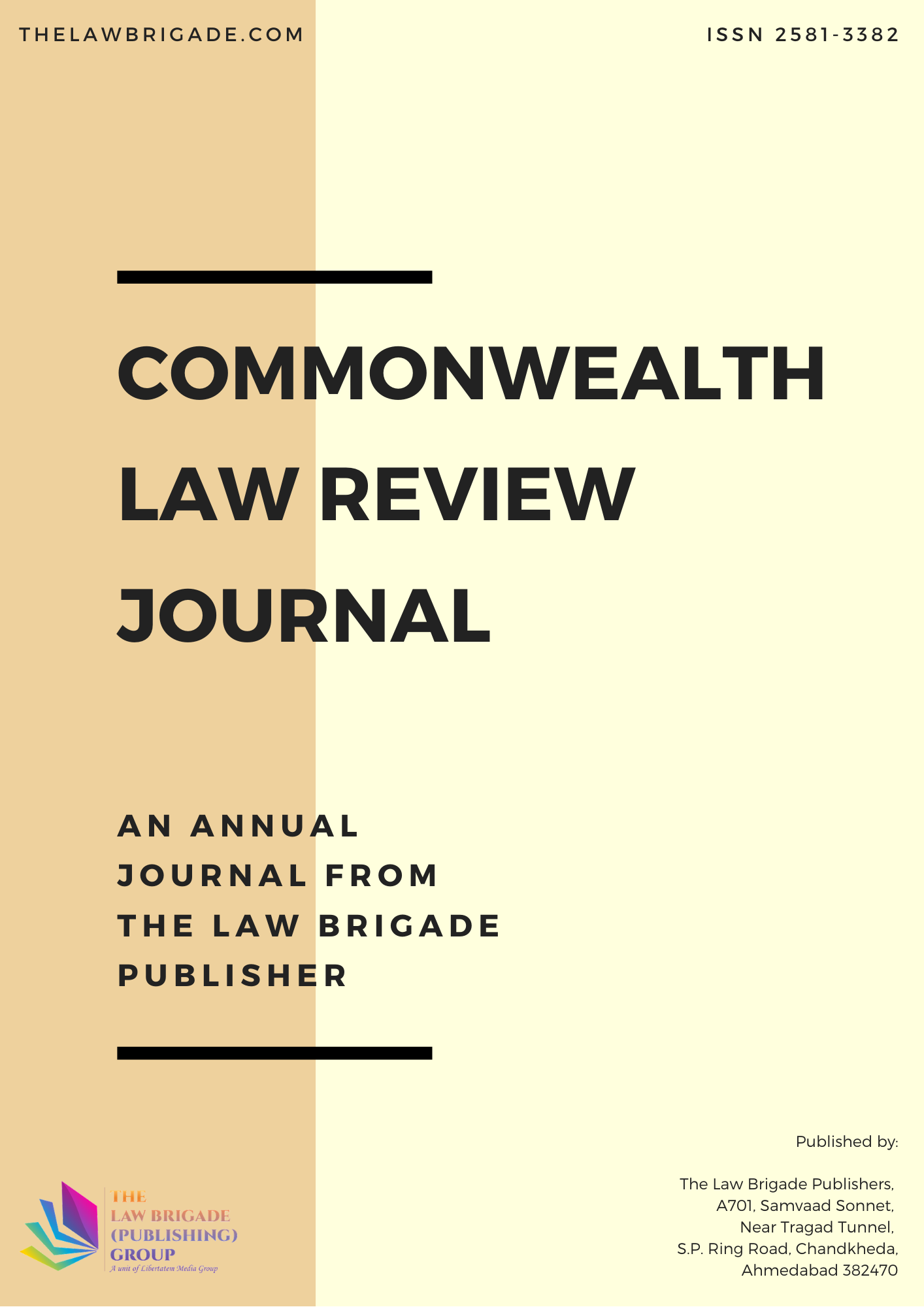This article provides a critical analysis of the non-communicable diseases (NCDs). It is premised on the general perception that NCDs prevention and control is vested in the state and its institutions. The analysis focuses on the role of the Parliamentarians, one of the pillars of the state organs vested with inter alia legislative powers. The article brings to the fore the two NCD risk factors to wit; unhealthy diets and physical inactivity. It evokes legal lacuna and how the same can be cured through legislation to strengthen NCD prevention and control mechanisms on areas of unhealthy diets and physical inactivity since healthy diet is critical to preventing malnutrition and a range of non communicable diseases (NCDs), such as diabetes, cardiovascular disease and cancer. The article further underscores human rights and gender-based approaches as cornerstones upon which NCD legal regime should be premised.
The main conclusions made from this critical analysis are that the law on NCDs has not been harmonized to reflect international principles of NCD prevention and control. Further, there is a glaring shortage of enforcement mechanism of the right to health in Tanzania for lack of constitutional base. Also, there is no comprehensive legal regime that address all issues relating to unhealthy diets and physical inactivity, specifically, the existing legislations are short of provision that restrict marketing, advertisement and promotion of unhealthy foodstuffs to underage children nor does the existing law articulate for mandatory nutritional profiling and food labelling to guide consumers on the accepted sugar contents in sugar sweetened beverages (SSBs) sodium content and fats contents resulting to un lessened cases of diabetes, cardiovascular diseases, obesity and cancers.[i]
Also, the desk review leading to this article evidences little success of the Tanzania’s implementation of the WHO’s best buys in NCD prevention and control on areas of healthy diets and physical activity-the gaps that remains unknown to most of consumers and lawmakers.
This article recommends prompt actions to be taken by the government and Parliament to strengthen the laws so as to sustain preventive and responsive measures to NCDs with view to ensure effective protection of the Populace against NCDs burden It also recommends a multi-sectoral response to NCDs by a wide range of stakeholders ranging from stakeholders in the public sector and Private sector.
[i] He FJ, MacGregor GA. How Far Should Salt Intake Be Reduced? Hypertension 2003;42(6):1093-1099.





